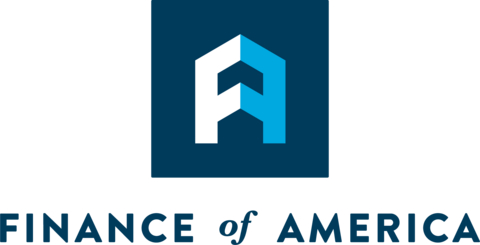In a recent interview with Bill Packer, Chief Operating Officer of Longbridge Financial, a prominent player in the reverse mortgage industry, we delved into the potential applications of advanced generative AI technologies within the realm of reverse mortgages.
While Bill Packer had previously discussed how these AI algorithms could be utilized to disseminate information about reverse mortgage products and streamline document processing in an interview with Reverse Mortgage Daily (RMD), he also shed light on other valuable prospects this emerging technology could offer.
Expanding Educational Horizons and Simplifying Loan Manufacturing
The sophisticated linguistic capabilities of generative AI systems present a unique opportunity to break through language barriers and simplify product complexity. This can prove invaluable in both educational initiatives and loan manufacturing processes.
Bill Packer outlined two primary areas where AI could make a significant impact:
- Enhanced Information Retrieval: Packer referred to this as “search on steroids.” Generative AI technologies possess the ability to comprehend and respond to questions in various forms and languages, disregarding syntax and even spelling errors. For example, Packer recounted an experiment where he misspelled “farm” as “F-R-A-M,” and the AI tool seamlessly understood his intention. This capability can greatly expand the scope of assistance offered to employees and clients in understanding reverse mortgage products.
- Streamlined Loan Manufacturing: Packer also envisions the potential to streamline the loan manufacturing process through AI. These tools could assist in obtaining the necessary documentation, structuring loans accurately, and optimizing them to align with the customer’s objectives. This application has the potential to significantly improve efficiency, especially for mortgage companies with an online presence.
AI as an Assistive Tool, Not a Replacement
Packer emphasized that AI tools are intended to assist and enhance, not replace human interaction. While some companies view AI as a means to reduce personnel and transition customer interactions to chatbots, Longbridge Financial’s approach is different. They see AI as a tool to deliver better information and augment the expertise of their staff, rather than replacing it.
Packer acknowledged that, while AI has advanced significantly, its limitations become apparent depending on the complexity of the task at hand. He stressed that Longbridge aims to maintain a higher level of personalized customer interaction.
The Unique Challenges of the Reverse Mortgage Space
Packer recognized that some companies in the financial industry may be tempted to automate high-touch customer interaction processes rapidly. However, he cautioned against such a move, especially in the reverse mortgage space. Given the complexity of the products and the demographic they typically serve, maintaining a personalized, hands-on approach remains crucial. Longbridge Financial remains committed to preserving the human touch in their interactions with clients, valuing it as an integral part of their service.
In conclusion, the emergence of generative AI technologies presents exciting opportunities for the reverse mortgage industry. While these tools can enhance education and streamline processes, they should be viewed as valuable assistants rather than replacements for human expertise. Longbridge Financial continues to prioritize personalized customer interactions and acknowledges the unique challenges of their niche in the financial world.
This article was brought to you by Reverse Mortgage News (RMN) with insights provided by Bill Packer, COO of Longbridge Financial, and credits Reverse Mortgage Daily (RMD) for their initial coverage.























+ There are no comments
Add yours